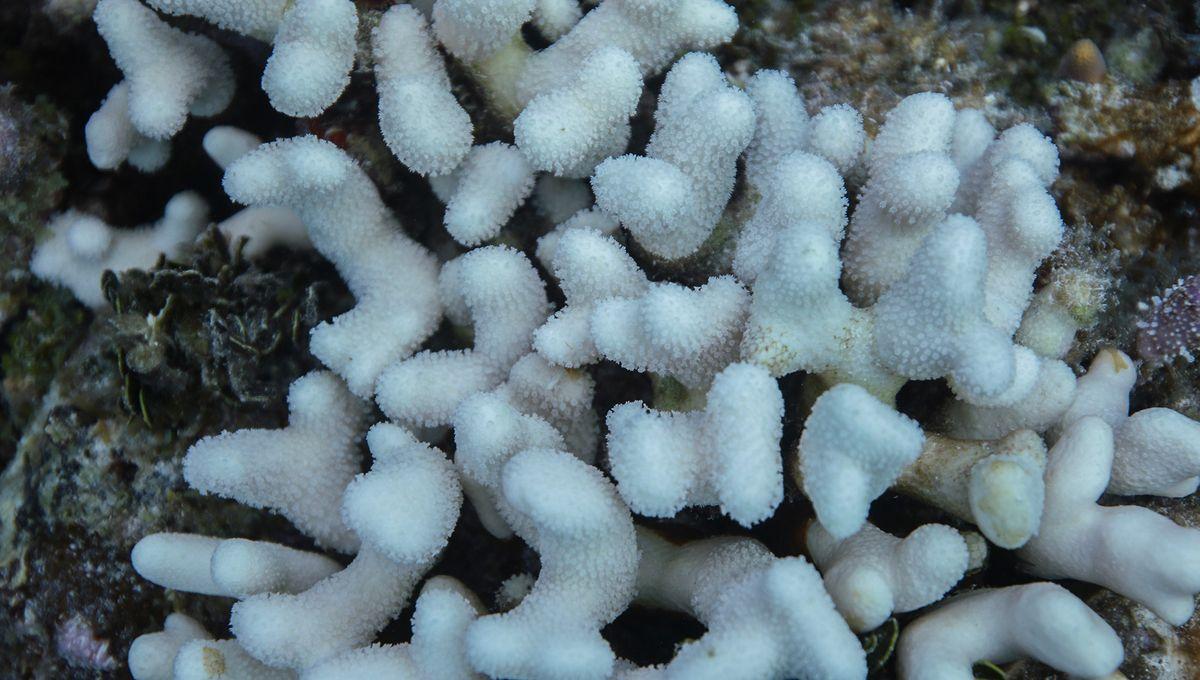-
Noticias Feed
- EXPLORE
-
Páginas
-
Blogs
-
Foros
Two Major Coral Species Now Functionally Extinct In Florida Keys, After Record-Breaking Marine Heatwave

Two Major Coral Species Now Functionally Extinct In Florida Keys, After Record-Breaking Marine Heatwave
A new study by scientists investigating the impact of 2023’s record-breaking marine heatwave on Florida’s coral reef has revealed that the event drove two of the area’s key coral species to functional extinction.
The rest of this article is behind a paywall. Please sign in or subscribe to access the full content. The corals in question are the staghorn (Acropora cervicornis) and elkhorn (Acropora palmata), two species that form a significant part of reefs in both Florida and the Caribbean, providing a habitat for a diverse range of marine life and protection for coastlines. However, even before the heatwave, it’s safe to say their situation was already pretty dire. “Even before the 2023 marine heat wave, staghorn and elkhorn numbers had been dwindling, with punctuated declines accelerated by a diverse array of stressors – hurricane damage, loss of supporting herbivore species, disease and repeated bleaching,” explain study authors Carly D Kenkel, Jenna Dilworth, and Maya Gomez in an article for The Conversation. “The 2023-2024 event was effectively the final nail in the coffin.” That’s when the Atlantic Ocean was hit by record-breaking sea surface temperatures. Not only did this send temperatures soaring on land in the US and Mexico, but it also saw the highest recorded water temperatures in Florida’s 506-kilometer (314-mile) long coral reef for over 150 years, and triggered the ninth mass coral-bleaching event. This isn’t surprising when you find out the kind of heat the corals were exposed to; it takes just a 2°C (3.6°F) increase to cause bleaching, and the Florida reefs were exposed to two to three months’ worth of temperatures 2.2 to four times higher than in any previous year on record. Researchers behind the new study quickly jumped to survey over 52,000 elkhorn and staghorn coral colonies along the reef. It was bad news; 97.8 to 100 percent of the two species’ colonies in the Florida Keys and Dry Tortugas had died. The survey findings were enough for the team to declare elkhorn and staghorn corals functionally extinct in the area. This doesn’t mean that there aren’t any left at all, but that there are so few left that they’re unable to perform their role within the reef ecosystem. While the study authors hope that, with help, the corals could be restored, future marine heatwaves still pose a significant threat to the remaining corals and any restoration efforts. “We’re running out of time,” said Dr Ross Cunning, research biologist at Shedd Aquarium and co–first author of the study, in a statement. “Extreme heatwaves are increasing in frequency and severity due to climate change, and without immediate, ambitious actions to slow ocean warming and boost coral resilience, we risk the extinction of even more corals from reefs in Florida and around the world.” The study is published in Science.


